Introduction
Water heater boilers are an essential part of modern households as they provide hot water for various needs such as bathing, cleaning, and cooking. With the rise in demand for energy-efficient and eco-friendly heating solutions, water heater boilers have evolved and come in different types and models. In this article, we’ll explore the different types of water heater boilers, the importance of proper maintenance, and key safety tips to keep in mind.
How does a water heater boiler work?
A water heater boiler works by heating water to a desired temperature and then distributing it throughout the house for various uses such as bathing, cleaning, and cooking. There are different types of water heater boilers, including conventional boilers, combi boilers, system boilers, and electric boilers.
Conventional boilers heat water in a separate hot water cylinder and then distribute it through the radiators and taps in the house. Combi boilers, on the other hand, provide both heating and hot water on demand without the need for a separate hot water storage cylinder. System boilers are similar to conventional boilers but come with a built-in hot water storage cylinder, making them more compact and efficient. Electric boilers use electricity as the energy source to heat water and provide hot water on demand.
The specific working mechanism of each type of water heater boiler may vary, but in general, they work by heating water using a heat source such as natural gas, propane, oil, or electricity. The heated water is then stored in a hot water cylinder or tank and distributed to the various outlets in the house as needed.
Need a new boiler?
Types of Water Heater Boilers:
Conventional Boilers: Conventional boilers are the traditional type of boilers that work by heating water and then distributing it through the radiators and taps in the house. They are best suited for larger homes and require a separate hot water storage cylinder.
Combi Boilers: Combi boilers are a more modern type of boilers that provide both heating and hot water on demand. They are best suited for smaller homes as they don’t require a separate hot water storage cylinder.
System Boilers: System boilers are similar to conventional boilers but come with a built-in hot water storage cylinder, making them more compact and efficient.
Electric Boilers: Electric boilers use electricity as the energy source to heat water and provide hot water on demand. They are best suited for homes without a gas supply and are considered to be more energy-efficient than conventional boilers.
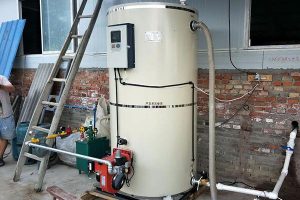
Importance of Proper Maintenance:
Maintaining your water heater boiler is crucial for its longevity and efficient operation. Regular maintenance can help prevent potential problems and extend the life of your boiler. Here are some important maintenance tips to keep in mind:Regular Servicing: Booking a professional boiler service at least once a year can help identify potential issues before they become bigger problems.
Monitoring for Leaks: Check for leaks regularly, as leaks can cause damage to the boiler and reduce its efficiency.
Cleaning: Clean the boiler and its components regularly to remove any build-up of dirt and debris.
Replacing Parts: Replace any worn out or damaged parts promptly to prevent further damage and extend the life of your boiler.
Get FREE Boiler Quotes
Get FREE Local Boiler Quotes today
Compare The Best Prices
Save Money On Your New Boiler Today!
Is a water heater the same as a boiler?
No, a water heater and a boiler are not the same thing.
A water heater is a device used to heat water for domestic or commercial use. It typically stores hot water in a tank and supplies it to various outlets in the house as needed. There are different types of water heaters, including electric, gas, tankless, and solar water heaters.
A boiler, on the other hand, is a device used for heating a building. Boilers can be used for both heating and hot water, but they primarily provide heat through the use of hot water or steam that is circulated through radiators or underfloor heating systems. There are different types of boilers, including conventional boilers, combi boilers, system boilers, and electric boilers.
While a water heater can be considered a type of boiler, as it heats water, not all boilers are designed to function as water heaters. Some boilers are designed specifically for heating a building and do not provide hot water.
Get an online fixed price in 20 seconds:
Are hot water boilers efficient?
The efficiency of hot water boilers depends on several factors, including the type of boiler, the fuel source, and the design and maintenance of the system.
Generally, modern hot water boilers can be highly efficient, with some models having an efficiency rating of over 90%. This means that they are able to convert a large portion of the fuel they consume into usable heat, minimizing waste and reducing energy costs.
Combi boilers, for example, are known for their high efficiency, as they provide both heating and hot water on demand without the need for a separate hot water storage tank. This eliminates the energy losses associated with keeping a large volume of water hot and ready for use.
Electric boilers, being 100% electrically powered, are also highly efficient, as there are no losses from flue gases or combustion. However, the overall efficiency of electric boilers will depend on the efficiency of the electrical grid and the cost of electricity in your area.
The efficiency of a hot water boiler can also be improved by regular maintenance and upgrades, such as insulating the hot water tank or upgrading to a more efficient heating system. By choosing an energy-efficient model and properly maintaining your hot water boiler, you can significantly reduce your energy costs and minimize your impact on the environment.
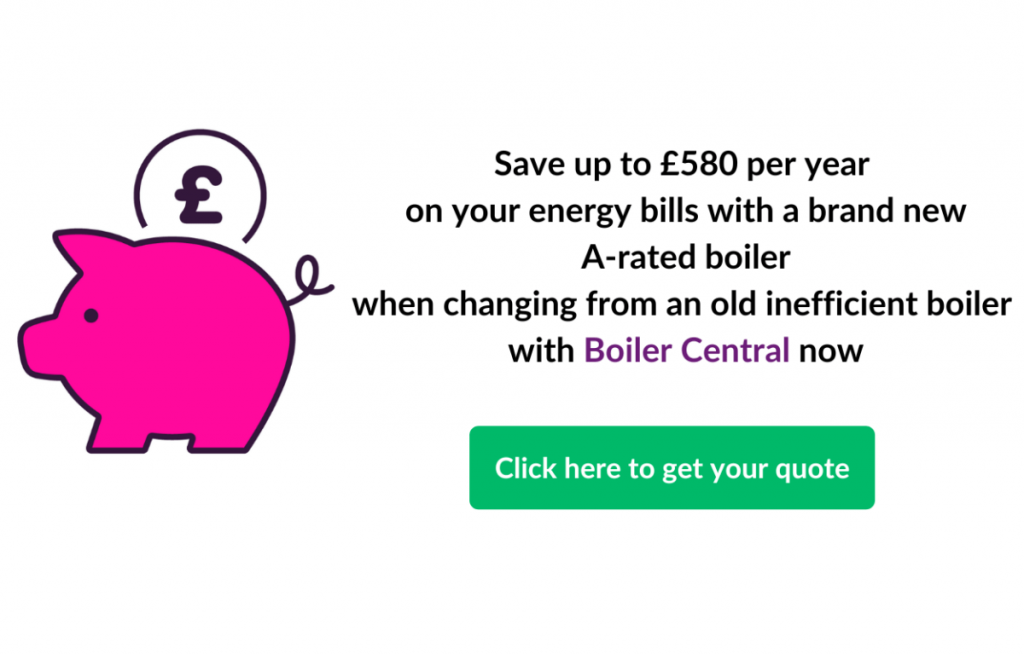
How much is a water heater boiler?
The cost of a water heater boiler can vary widely depending on several factors, including the type of boiler, its size, fuel source, and efficiency rating.
For example, a small electric water heater boiler can cost as little as $500, while a large, high-efficiency natural gas boiler can cost upwards of $3,000 or more.
Combi boilers, which provide both heating and hot water, can cost anywhere from $1,500 to $3,000 or more, depending on the model and its features. Conventional and system boilers, which require a separate hot water storage cylinder, can cost anywhere from $2,000 to $4,000 or more.
It’s also important to factor in the cost of installation, which can range from a few hundred to several thousand dollars, depending on the complexity of the job and the location of the boiler.
It’s recommended to get quotes from several contractors to compare costs and ensure that you are getting a fair price for a quality installation. Additionally, investing in a high-efficiency boiler can save you money on energy costs in the long run, making it a worthwhile investment.

Looking for boilers with sophisticated manufacturing, great quality?
Fangkuai boiler can always provide what you want.
Conclusion
Water heater boilers are an essential part of modern households, providing hot water for various needs. With the rise in demand for energy-efficient and eco-friendly heating solutions, water heater boilers have evolved and come in different types and models. Regular maintenance and proper safety precautions are crucial to ensure the longevity and efficient operation of your water heater boiler. By following the tips outlined in this article, you can keep your home and family safe while enjoying the comfort of hot water.

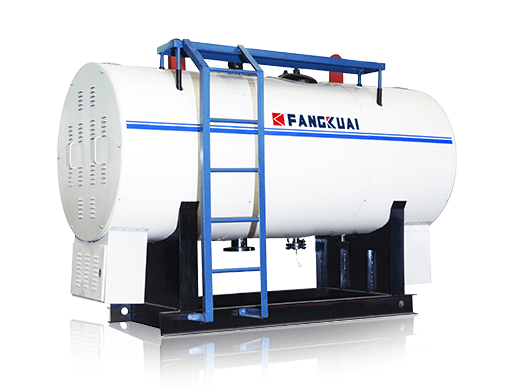 Electric Hot Water Boiler
Electric Hot Water Boiler 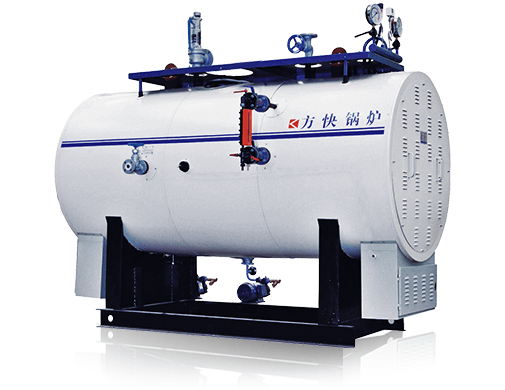 Electric Steam Boiler
Electric Steam Boiler 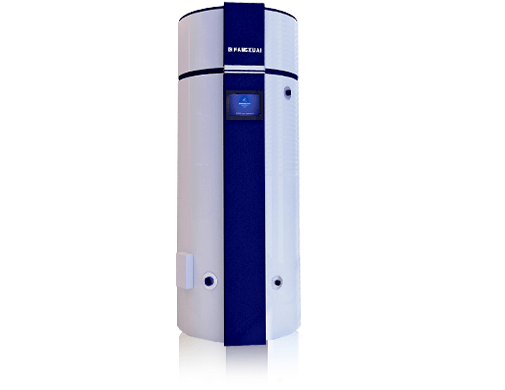 V6 Gas Fired Hot Water Boiler
V6 Gas Fired Hot Water Boiler 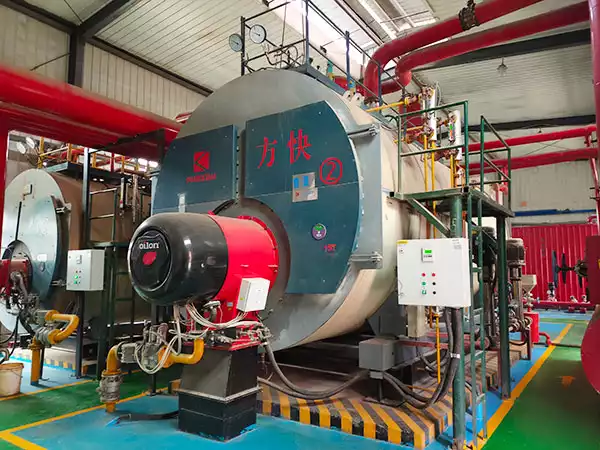 2023 Gas Boiler Prices Guide | Comparing Home Gas Boiler Costs
2023 Gas Boiler Prices Guide | Comparing Home Gas Boiler Costs 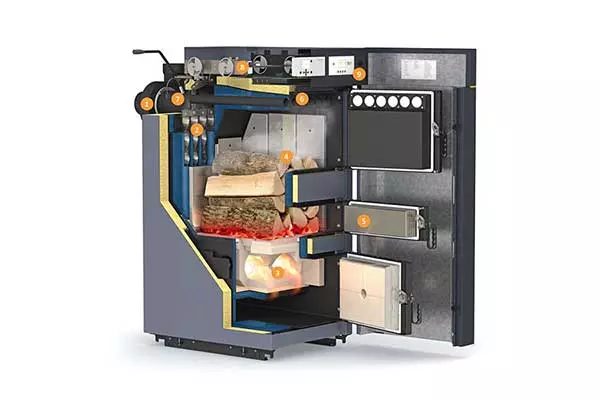 Best Wood Gasification Boilers For Sale | Buying Guide
Best Wood Gasification Boilers For Sale | Buying Guide 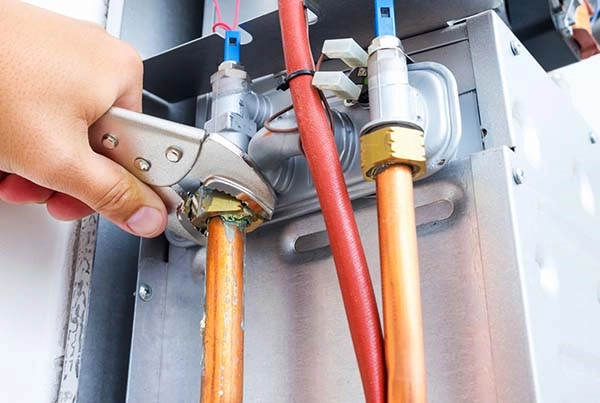 Electric Combi Boiler Prices | 2023 Buying Guide
Electric Combi Boiler Prices | 2023 Buying Guide 